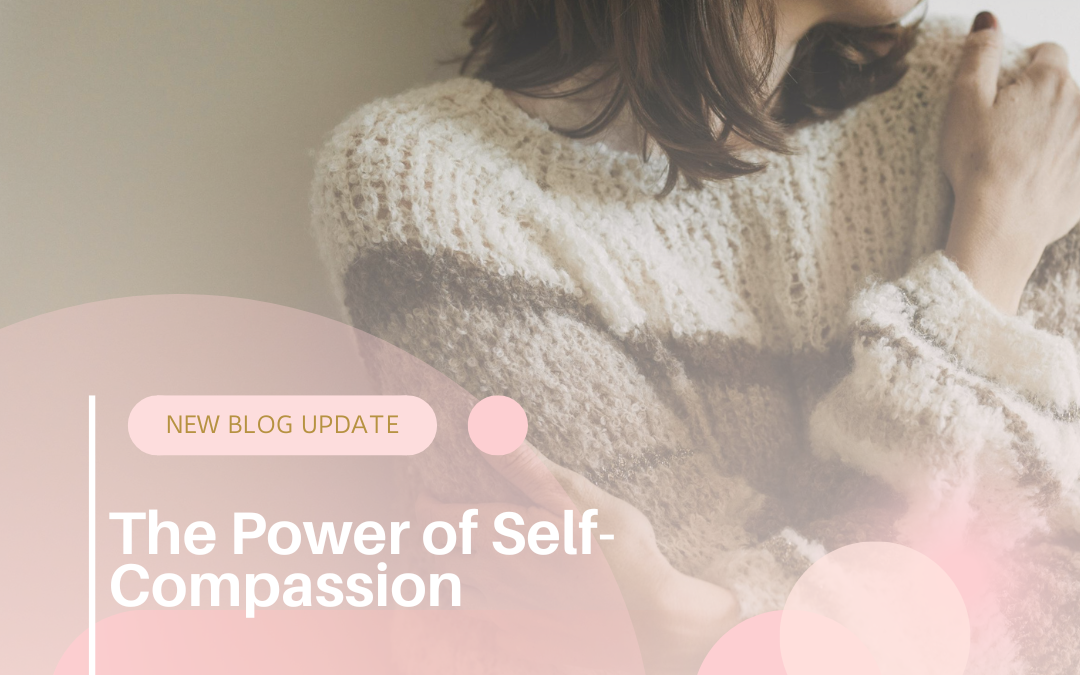In a world that often values productivity over well-being, many people struggle with self-criticism and unrealistic expectations. However, practicing self-compassion can be a powerful tool for improving mental health and overall life satisfaction. By treating ourselves with kindness and understanding, we can build resilience, reduce stress, and foster a healthier mindset.
What is Self-Compassion?
Self-compassion, as defined by Dr. Kristin Neff, involves three key components:
-
Self-Kindness: Being gentle with yourself instead of harshly critical.
-
Common Humanity: Recognizing that suffering and setbacks are part of the human experience.
-
Mindfulness: Being aware of negative emotions without being overwhelmed by them.
How Self-Compassion Improves Mental Health
1. Reduces Anxiety and Depression
Harsh self-criticism fuels feelings of inadequacy, leading to increased anxiety and depression. Self-compassion helps counteract these negative thoughts by promoting a more balanced and understanding perspective on failures and mistakes.
2. Enhances Emotional Resilience
When faced with challenges, those who practice self-compassion are more likely to recover quickly. Instead of spiraling into self-doubt, they acknowledge difficulties without letting them define their self-worth.
3. Promotes Healthy Relationships
By treating ourselves with kindness, we develop greater empathy and patience toward others. This leads to healthier, more fulfilling relationships and improved social well-being.
4. Encourages Motivation and Personal Growth
Contrary to the belief that self-criticism drives success, research suggests that self-compassion fosters motivation. When people allow themselves to make mistakes without excessive guilt, they are more willing to take risks and learn from setbacks.
Ways to Cultivate Self-Compassion
-
Practice Positive Self-Talk: Replace self-criticism with words of encouragement, as you would for a friend.
-
Write a Self-Compassion Letter: Reflect on a difficult experience and offer yourself understanding and kindness.
-
Engage in Mindfulness: Acknowledge emotions without judgment and stay present in the moment.
-
Set Realistic Expectations: Allow yourself to be imperfect and recognize that mistakes are a part of growth.
-
Prioritize Self-Care: Engage in activities that bring joy, relaxation, and well-being.
Conclusion
Self-compassion is not about self-indulgence or avoiding personal responsibility; it is about acknowledging struggles with kindness and patience. By practicing self-compassion, we create a more positive and nurturing inner dialogue, leading to better mental health, increased resilience, and a more fulfilling life. Learning to treat yourself with the same kindness you extend to others is one of the most powerful steps toward emotional well-being.


Recent Comments